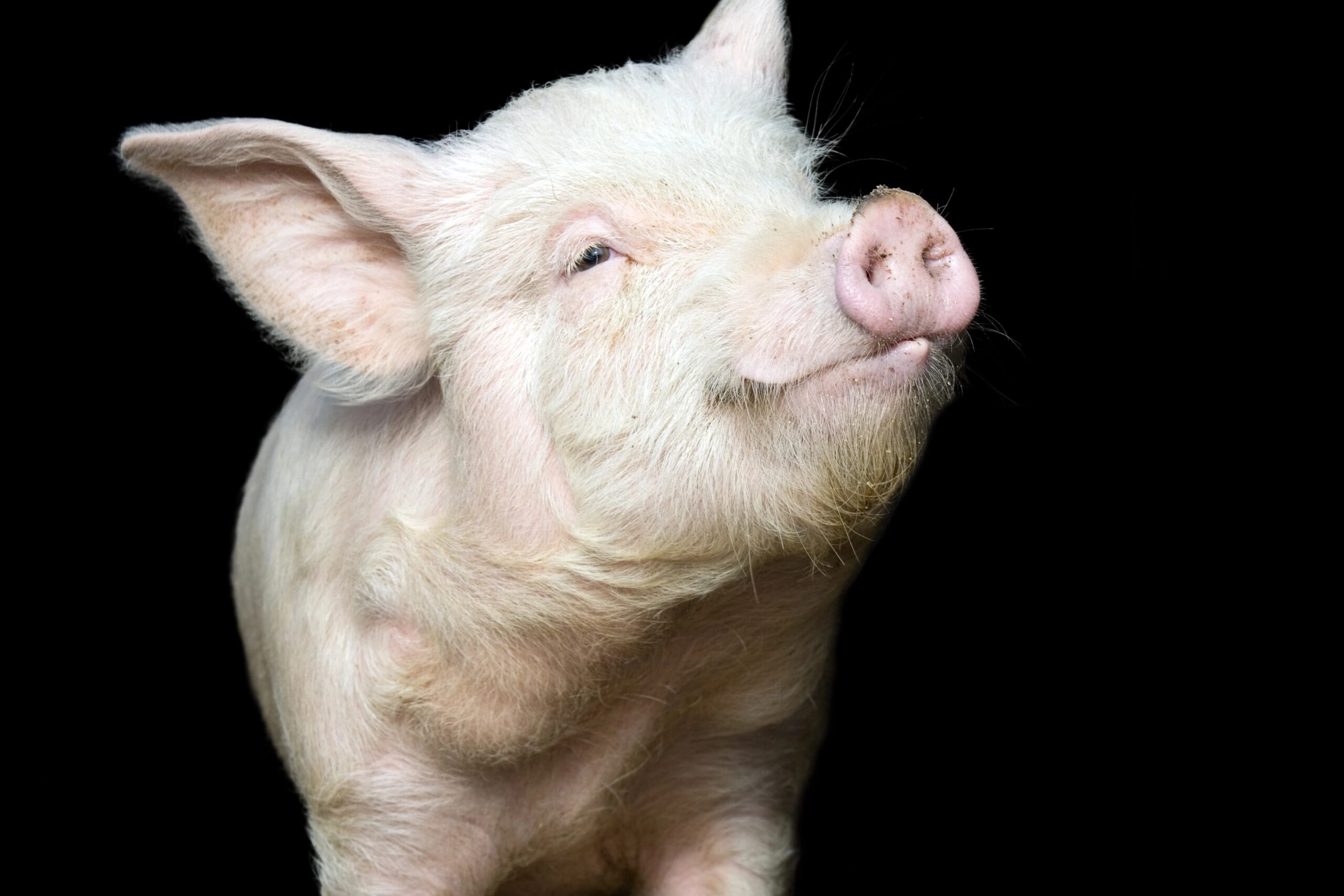As the number of people in need of liver transplantation continues to grow, the supply of donor organs is failing to meet the need. With advances in genetic engineering, researchers have been developing genetically modified pigs whose organs are more compatible with humans to help bridge the gap. In this research effort, pig hearts and kidneys have been successfully transplanted into both living and brain-dead patients.

Now, for the first time, researchers in China transplanted a liver from a genetically modified pig into a human body. The research results were published in Nature. The family of the recipient, who was brain-dead, agreed to the experiment and allowed it to continue for 10 days. The pig’s liver came from a Bama miniature pig that had been genetically modified to help reduce the risk of rejection. The patient also received immune-suppressing drugs, and the liver showed no signs of rejection. The liver functioned well, producing bile within two hours and maintaining blood flow. The researchers ended the experiment after 10 days.
The same research team, from Xijing Hospital at Fourth Military Medical University in Xi’an, had previously transplanted a pig liver into a monkey, which survived for 14 days. They’ve also performed pig-to-monkey heart and kidney transplants and have transplanted a pig kidney into a living human, although the details have not been published.
The Liver’s Complicated Burden
The liver is no simple machine. It filters blood, detoxifies drugs and alcohol, and produces bile and proteins involved in blood clotting. These many functions make working with the liver difficult, making pig-to-human liver transplants more complicated than pig-to-human heart and kidney transplants, which have had some success.
Shimul Shah, a transplant expert at Mass General Brigham in Boston, who was on a team that transplanted a pig kidney into a human, said, “We’ve done a much better job in kidney and heart and, even in the near future, in lung [transplants]. Liver is going to take a little bit more time.” He noted, however, that the latest research “will help us understand, how do we advance liver xenotransplantation? Because we need more work like this.”
A Bridge, Not a Destination
While providing a liver transplant to every patient who needs it remains out of reach, researchers hope that pig organs could serve as a bridge and help extend the survival of patients on the waiting list. Parsia Vagefi, chief of surgical transplantation at UT Southwestern Medical Center in Dallas, Texas, said that dialysis and medication are temporary solutions, but “nothing’s really moved the needle yet, aside from transplantation, to really help that population. This shows it really may help bridge someone.”
Advancing Xenotransplantation
The new liver transplant research pushes the field forward. It builds on work done in the US last year when researchers at Penn Medicine circulated blood through a pig liver outside a patient’s body while the patient’s liver remained in place. The patient remained stable for 72 hours, and the liver showed no signs of inflammation.
So far, researchers have completed pig-to-human heart and kidney transplants as last-resort measures for terminally ill patients. Two people who received pig kidney transplants during the last few months are still living, extending the record for survival with every passing day.
Looking Ahead
The first pig-to-human liver transplant marks a pivotal advance in the field of xenotransplantation. Looking ahead, researchers aim to improve gene-editing methods, extend organ viability and fine-tune immune suppression. The goal is to move beyond experimental trials and offer reliable, scalable options for people in urgent need. If progress continues, pig organs may no longer be a last resort—but a lifeline.
Did you enjoy this blog post? Check out our other blog posts as well as related topics on our Webinar page.
QPS is a GLP- and GCP-compliant contract research organization (CRO) delivering the highest grade of discovery, preclinical and clinical drug research development services. Since 1995, it has grown from a tiny bioanalysis shop to a full-service CRO with 1,100+ employees in the US, Europe and Asia. Today, QPS offers expanded pharmaceutical contract R&D services with special expertise in pharmacology, DMPK, toxicology, bioanalysis, translational medicine, cell therapy (including PBMCs, leukopaks and cell therapy products) and clinical development. An award-winning leader focused on bioanalytics and clinical trials, QPS is known for proven quality standards, technical expertise, a flexible approach to research, client satisfaction and turnkey laboratories and facilities. Through continual enhancements in capacities and resources, QPS stands tall in its commitment to delivering superior quality, skilled performance and trusted service to its valued customers. For more information, visit www.qps.com or email info@qps.com.







